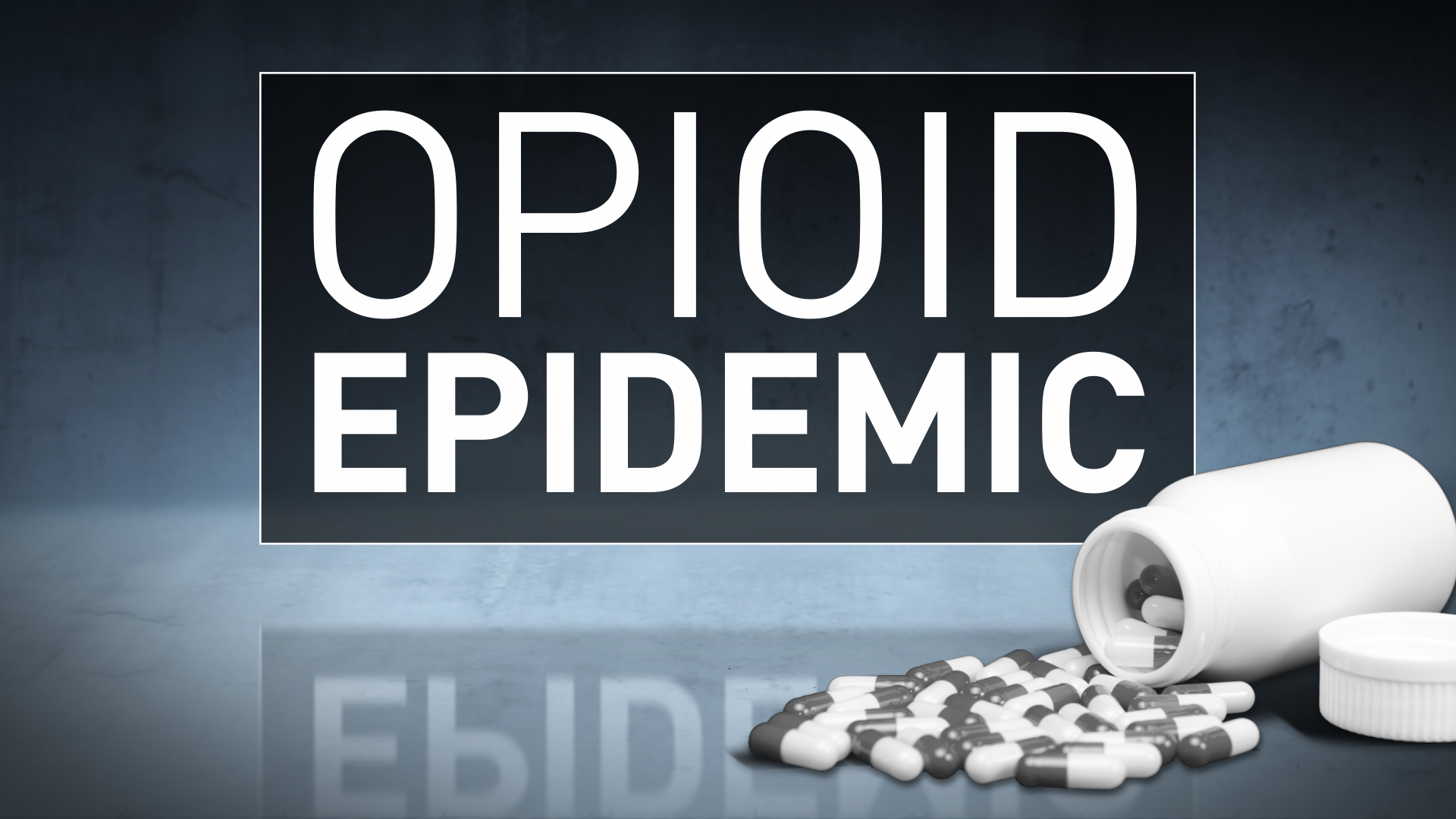IOWA, USA — Iowa Attorney General Tom Miller and a bipartisan group of attorneys general recently reached a settlement with CVS and Walgreens to address the opioid crisis, providing states with more than $10 billion to tackle the issue.
The two represent the largest pharmacy chains in the United States and told investors they will pay the federal government billions of dollars over a 15-year span.
CVS will pay $5 billion over 10 years, and Walgreens just shy of $6 billion over 15 years. Following those announcements, Walmart agreed to pay more than $3 billion.
Iowa is set to receive $225 million to help with opioid treatment and recovery services.
"It's a significant amount of money, an opportunity to remedy some of the wrongs of this terrible pandemic, an epidemic that never should've happened," Miller told Local 5.
The attorneys general accused the companies of ignoring red flags over opioid prescriptions and failing to detect and prevent the abuse and diversion of the drugs.
The settlement is holding the companies responsible for their role in the opioid epidemic, alleging the companies bribed doctors and engaged in illegal conduct.
For Deric and Kathy Kidd, this accountability is a step in the right direction. Their son died of fentanyl poisoning when he was almost 17 years old.
"There's nothing more important than the life of a child or anyone for that matter, so you can't put a number on it," Deric said.
The couple continues to educate communities on the dangers of drugs. Their goal is to help people find support to overcome addiction, beginning with family support groups.
"There are more people joining our groups every single day and that's absolutely heartbreaking," Deric said.
They are optimistic that using the money for more treatment programs, preventative education and drug abstinence will help, as well as drive down the number of opioids that are prescribed for surgery and dental work.
The Kidds believe deadly drugs are a risk to society that’s here to stay, requiring everyone to collaborate to address it.
"Until we all come together and work together it’s not going to go away," Deric said. "I don't think it's anything that's ever going to go away, but there are ways to minimize it."
"I think it has to be a constant conversation," Kathy added. "We can't just take a stab at it and say 'OK.' I think we need to put things in place that are consistent and constant."
That's a commitment Miller believes will come to fruition with the settlement.
"We think treatment is so important and works. It’s challenging but it does work and can make all the difference in a person's life and their family's life as well," he said. "We think it should be both abstinence and medical assistance for treatment where people have a low-grade opioid that satisfies the craving but doesn’t provide the high on a regular basis and function with an ordinary life like the rest of us."
If you or a loved one suffers from Opioid Use Disorder, visit IowaOpioidHelp.com. The Iowa Attorney General’s Office launched the site in September to provide Iowans with a path to recovery.

